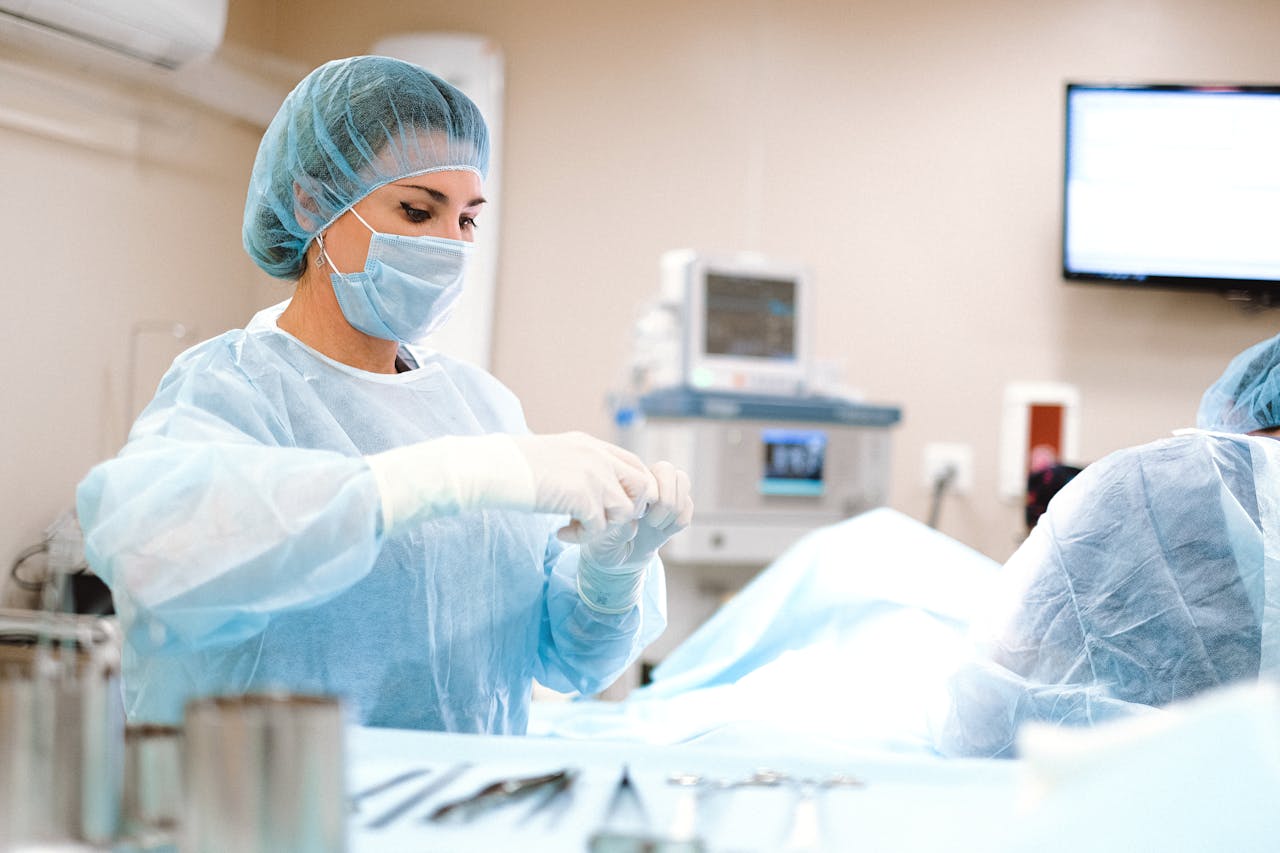

The Window for De-Escalation Is Short — Thailand and Cambodia Must Seize It Now with Trump and Anwar


Topics

Supply Chain Cybersecurity Highlights the Need for Zero-Trust Cybersecurity
TechnologyHow and Why does China Host a "Domestic Olympics"?
China2026: Identity, Trust and the Rise of the “My AI Did It” Excuse
TechnologyThe Window for De-Escalation Is Short — Thailand and Cambodia Must Seize It Now with Trump and Anwar
ThailandASEAN's Unity is Being Tested in the Age of Economic Warfare
Business InsightsHot this week
ASEAN's Unity is Being Tested in the Age of Economic Warfare
The growing Gen Z gender divide reshaping politics
USA & UK

Two Guardsmen shot in DC, today
USA - There are news reports coming out of DC today that two national guardsmen were shot at gunpoint near the Whitehouse and the conditions of the...

A Culinary Tribute to Unity: Oasis Hideout’s ‘Harmony Platter’ Celebrates Singapore’s Diverse Heritage
SINGAPORE — As Singapore continues its celebrations ahead of its 60th anniversary, one local chef is offering a unique culinary tribute to the...

Jimmy Carter: The Nobel US president who lived to be 100
Jimmy Carter, the peanut farmer who became the 39th president of the United States and later won the Nobel Peace Prize, died on Sunday (December 29)...

India surpasses China as top source of international students in the US
In a historic shift, India has overtaken China to become the largest sender of international students to the United States, with enrollment surging...

How a Trump presidency could upset Prince Harry and Meghan Markle’s future
Before Donald Trump claimed victory in the 2024 presidential race, he had already made waves with his outspoken stance on Prince Harry’s move to the...

Kamala Harris: Let down by inflation, voters without college degrees, and Latinos
Donald Trump became only the second American president to return to power after losing an election — a feat pulled off only by Grover Cleveland in...
UK

Violent, racist attacks overwhelm the United Kingdom

The pay-off: UK’s Liberal Democrats go for rich seats and win big

Donald Trump congratulates Nigel Farage but ignores Britain’s new Prime Minister Keir Starmer

Starmer wanted U.K. ‘weaned off’ China, now move to overhaul relationship

Keir Starmer new UK PM, Labour ends 14-year Tory rule, Reform splits Tory vote

What did Rishi Sunak sacrifice as a child? Sky TV, he says

Labour has to win whiter seats to wrest power from Tories
Travel

Discover Siem Reap’s urban oasis: The Aviary Hotel, where luxury meets nature
Lifestyle

Taste of Brunei to Tempt Singaporean Foodies at Inaugural Brunei Week

Philippines’ Largest Shawarma Chain Plants Flag in Singapore, Eyes Global Expansion

Steigen: The Smart, Eco-Friendly Solution for Busy Professionals Who Want to Save Time on Laundry

Elon Musk’s daughter calls him pathetic, says he is a serial adulterer

Extreme frugality: The way to early retirement?
Celebrity

Has Renée Zellweger’s facial transformation been fueled by time, weight loss, or cosmetic enhancements?
Sports

Kamala Harris visits US Olympic basketball team

Football coming home, says Keir Starmer after England advance to Euro 2024 final

How did the Gamecocks triumph captivated audiences like never before

Russia and Canada submit appeals against the 2022 Winter Olympic team ranking

Paavo Nurmi, aka “Flying Finn,” will showcase his five gold medals once more at the 2024 Paris Olympics.
Personal Finance

Gen Y: Maintaining financial resilience during Australia’s economic downturn
Evergreen

From outcast to overlord – How a child kicked out of Macao’s elite hotel now calls the shots
China & Hong Kong

How and Why does China Host a "Domestic Olympics"?
The article offers a timely and insightful look into China's ongoing 15th National Games, an event...

Beijing warns Tokyo of a 'painful price' as Japan pushes missile line toward Taiwan, escalating Asia’s sharpest strategic standoff in years
BEIJING: China’s Defence Ministry delivered a sharp warning to Japan in November 2025, saying Tokyo...

Chinese research vessels operate in Northwest Pacific amid U.S. military drills, raising security concerns
Five Chinese research vessels quietly made their way through the northwest Pacific, their missions...

SUV rams into students and pedestrians outside primary school in China, sparking concern over rising violence
A new incident outside a primary school in Changde, southern China, has added to growing concerns...

Academic pubs: A new intellectual movement brewing in China
In Shanghai’s dimly lit pubs and Beijing’s buzzing bars, a new intellectual movement is brewing....

Elite education vs mass schooling: Why China is a bigger economic powerhouse than India
The world’s two most-populous nations, China and India, started opening to the global economy...

Chinese solar giants flee to untaxed territories, evading U.S. tariffs?
Major Chinese-owned solar factories in Vietnam are scaling back operations and laying off workers....

Why have Chinese forces surrounded Taiwan? What did Taiwan’s president say?
Chinese armed forces launched a new round of war games, completely surrounding Taiwan island, on...

US should consider how to adjust if China became world’s leading power, says Kishore Mahbubani
Former Singapore diplomat Kishore Mahbubani says the United States has made a big mistake by...

China tells teachers and public sector employees to hand in passports
Chinese authorities are reportedly requiring a growing number of teachers and public sector...

China eases homebuying restrictions in bid to revive economy
In a bid to revitalize its flagging property sector, China announced a series of measures on Monday...

Chinese nuclear submarine sank earlier this year, says US official
China’s newest nuclear-powered attack submarine sank earlier this year in a potential setback for...




















































